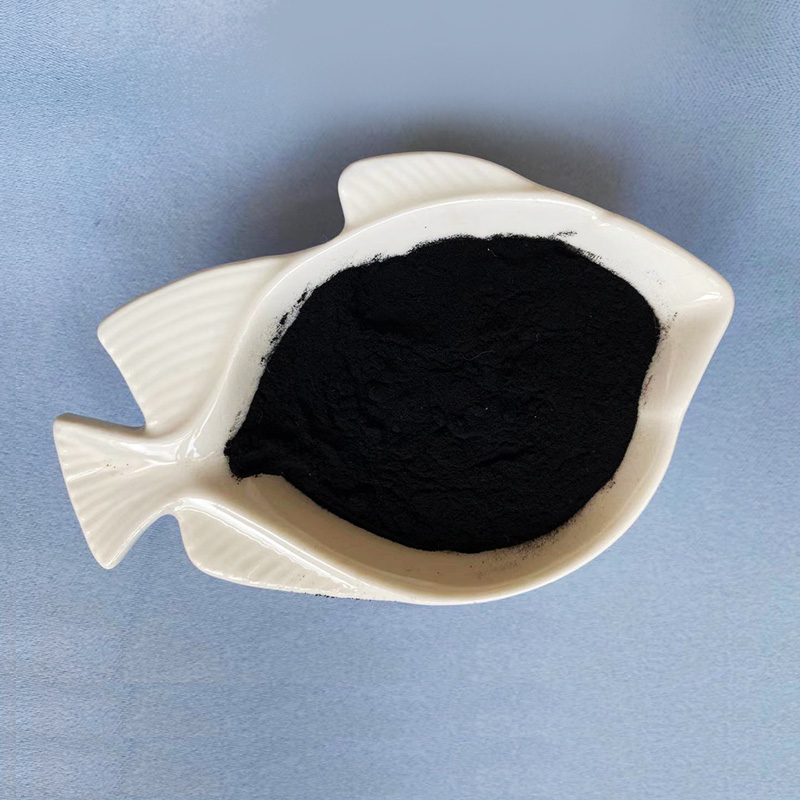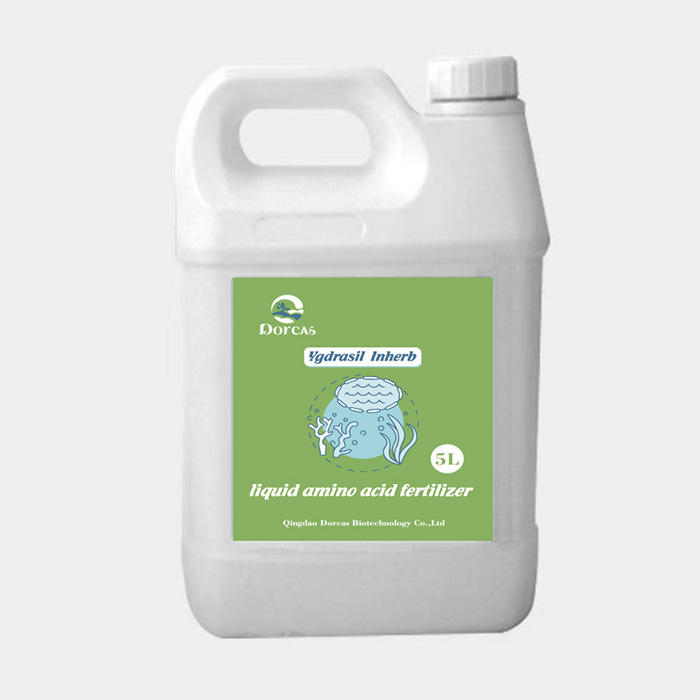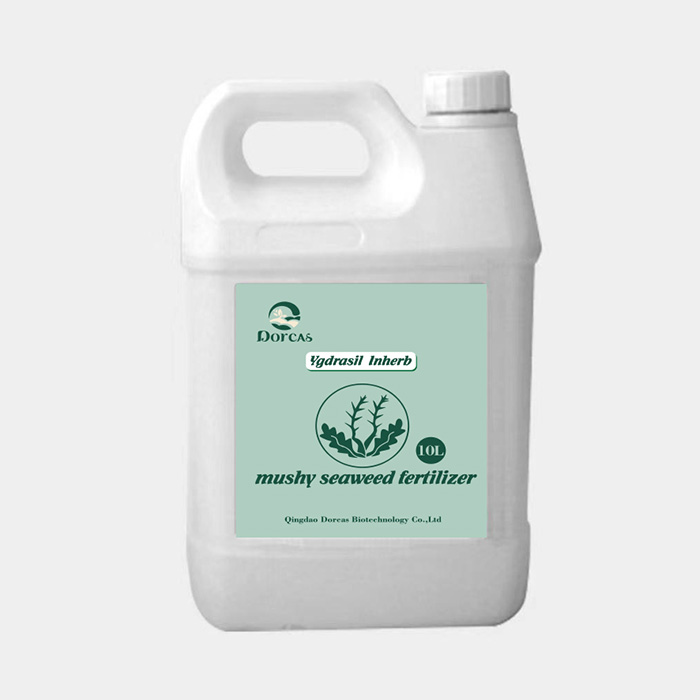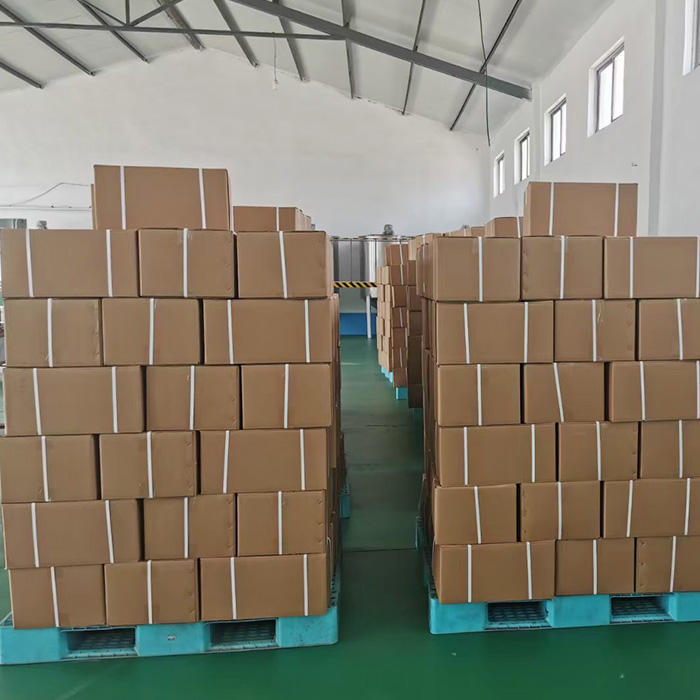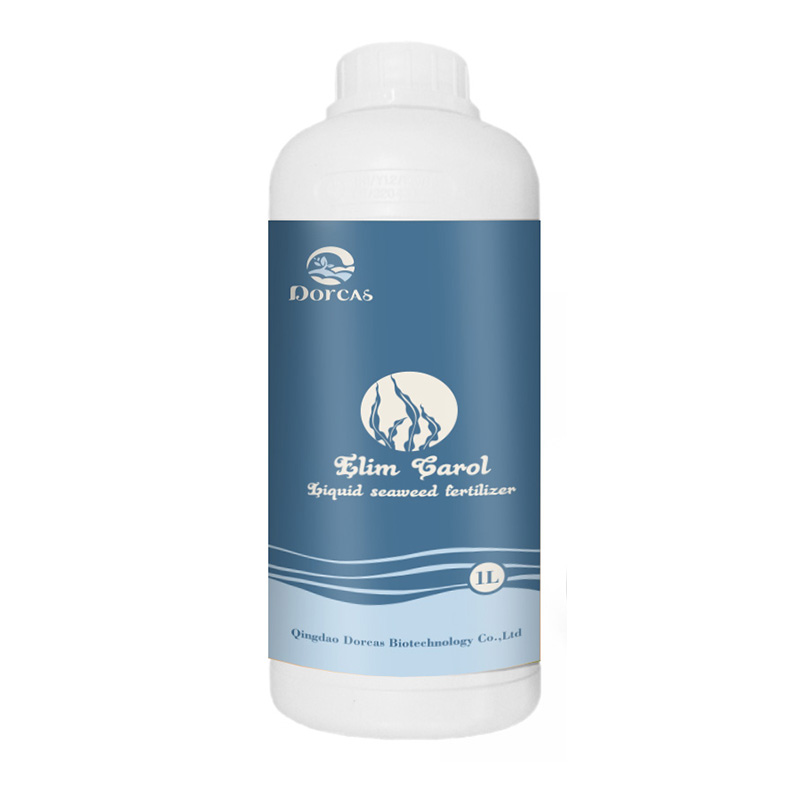Feb 11, 2025
Will the chemical fertilizer be invalid after being put for a long time?
According to the characteristics of fertilizers, fertilizers can generally be stored for a long time as long as they are properly stored, and their packaging bags are not damaged, exposed to rain, moisture, or mixed with alkaline substances. Therefore, the state currently has no regulations on the shelf life of fertilizers.
For example, urea, calcium superphosphate, potassium sulfate and other fertilizers can be stacked in a cool and dry warehouse for 20 years. Except for the caking of the fertilizer, there is no change in the nutrient content and other indicators.
Some fertilizers will fail if they are put in for a long time. Will others fail? It depends on the type of fertilizer. Here are the main varieties in common use:
1)Hydrogen carbonate will not fail, but only lose quantity
In winter, when the temperature is around 0 ℃, the fertilizer effect hardly changes. Farmers can take advantage of the seasonal price reduction of ammonium bicarbonate in winter. It is appropriate to buy ammonium bicarbonate for spring cultivation.
In summer, when the temperature is above 30 ℃, a large amount of ammonium bicarbonate will volatilize. The very dry ammonium bicarbonate will become moist due to ammonia volatilization, which will reduce the weight of ammonium bicarbonate. Therefore, the bag mouth shall be tied tightly to prevent moisture and reduce losses.
However, ammonium bicarbonate will not lose efficacy due to long-term release, and the fertilizer effect is still very good. Calculated by dry weight, the fertilizer effect does not decrease. Farmers should not regard loss as failure.

2)Urea will only lose quantity and will not fail
When dry, it can be stored for a long time. When the temperature reaches 122 ℃, urea decomposes, and the decomposed ammonia and carbon dioxide volatilize at the same time to lose weight. Therefore, even if the warehouse is on fire, the properties of the remaining urea remain unchanged. However, urea is most afraid of moisture, and it is easy to lose weight by wet leaching in case of water.
3) Superphosphate fertilizer effect remains unchanged
In case of rain, the loss of fertilizer will become worse. Calcium superphosphate produced from phosphate rock powder with high iron and aluminum content should not be stored for more than one year. Because the calcium carbonate contained in it can be slowly transformed into iron phosphate and aluminum phosphate after being stored for about 170 days, and become insoluble substances, resulting in poor fertilizer efficiency.
4 )Potassium chloride and potassium sulfate are stable
Potassium chloride and potassium sulfate are very stable compounds. They caked in the presence of water and applied after being crushed. The fertilizer effect remains unchanged. However, the dosage shall be calculated by dry weight.
5 )Diammonium phosphate is afraid of high temperature
When the temperature is higher than 30 ℃, diammonium phosphate will slowly change into monoammonium phosphate, and a small amount of ammonia volatilizes. Therefore, the stored diammonium phosphate should be tied tightly at the mouth of the fertilizer bag to avoid ammonia volatilization.
6)Ferrous sulfate deteriorates when it absorbs moisture
Ferrous sulfate is a strong oxidant, which can be easily converted into ferric sulfate in case of moisture in water and cannot be absorbed by crops. Poor fertilizer efficiency, most likely to fail.
7)Fertilizer containing bacteria cannot be used after expiration
There is a certain time limit for the activity of bacteria in biological fertilizer. The bacterial fertilizer standard stipulates that the validity period of the standard bacteria should be on the packaging bag. Generally, the validity period under normal storage conditions is up to two years.
Microbial fertilizer cannot be used after expiration. The bacterial fertilizer must be kept at a low temperature (the optimum temperature is 4 ℃ -10 ℃), in a cool, ventilated and dark place to avoid failure.
Dorcas, a leading biotechnology factory in Qingdao, China. As top three manufacturers of seaweed fertilizer in China with more than12 years of experience. We produce seaweed extract, organic granular fertilizer, liquid foliar & vigoroot fertilizer and liquid chitosan fertilizer with biological enzymolysis method. We passed ECOCERT and IMO certification.
More detail: www.dorcas-bio.com
